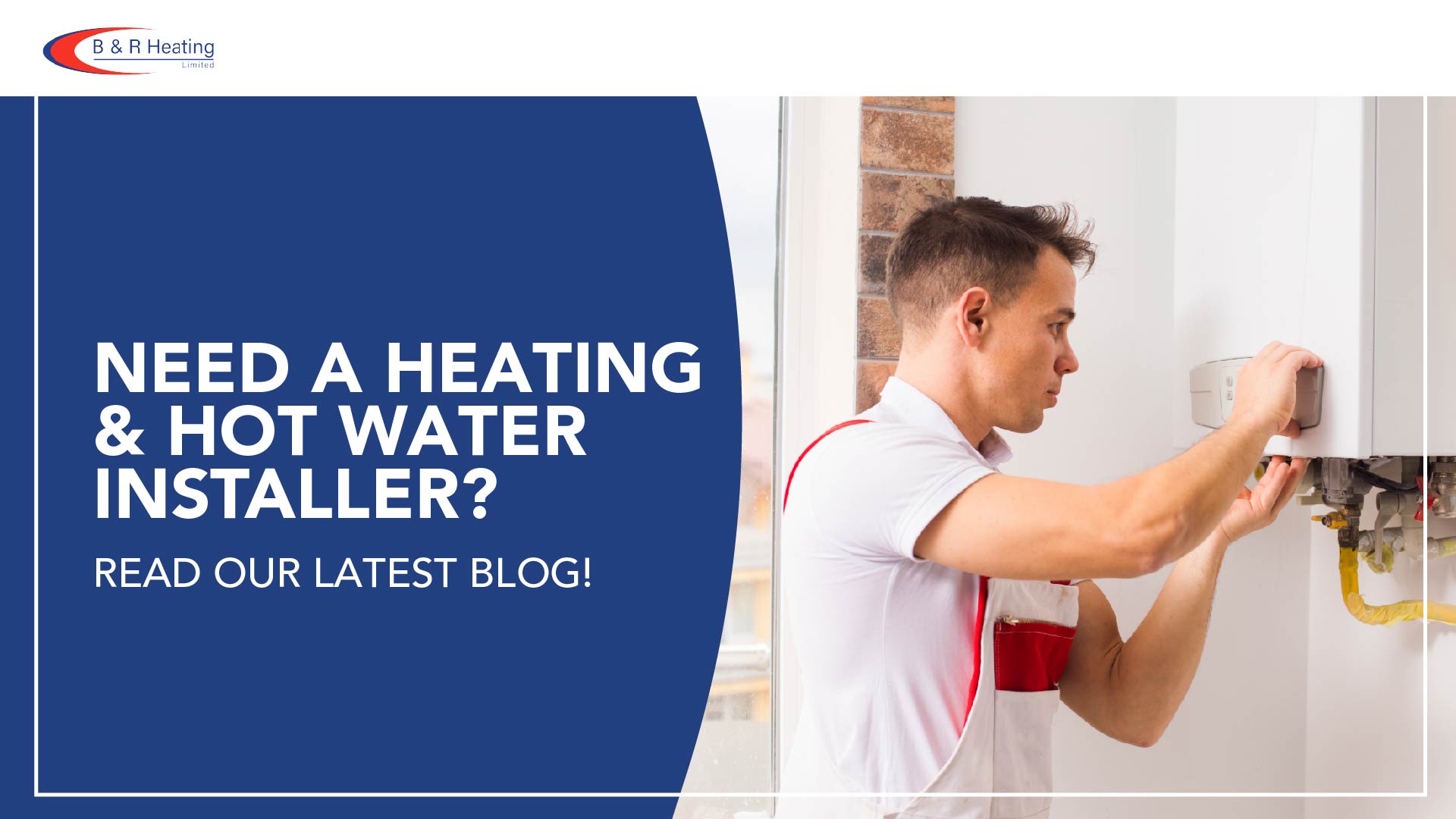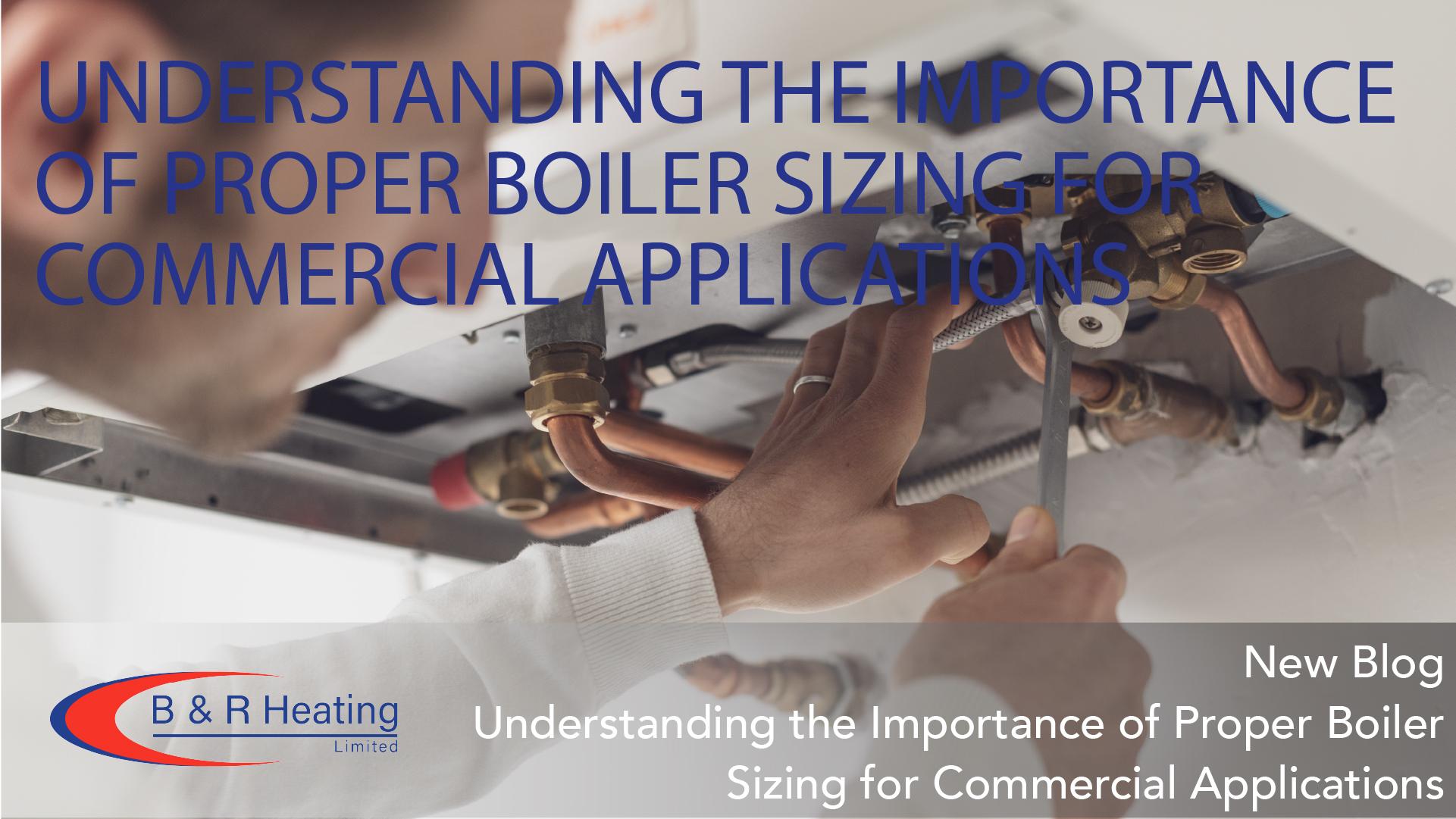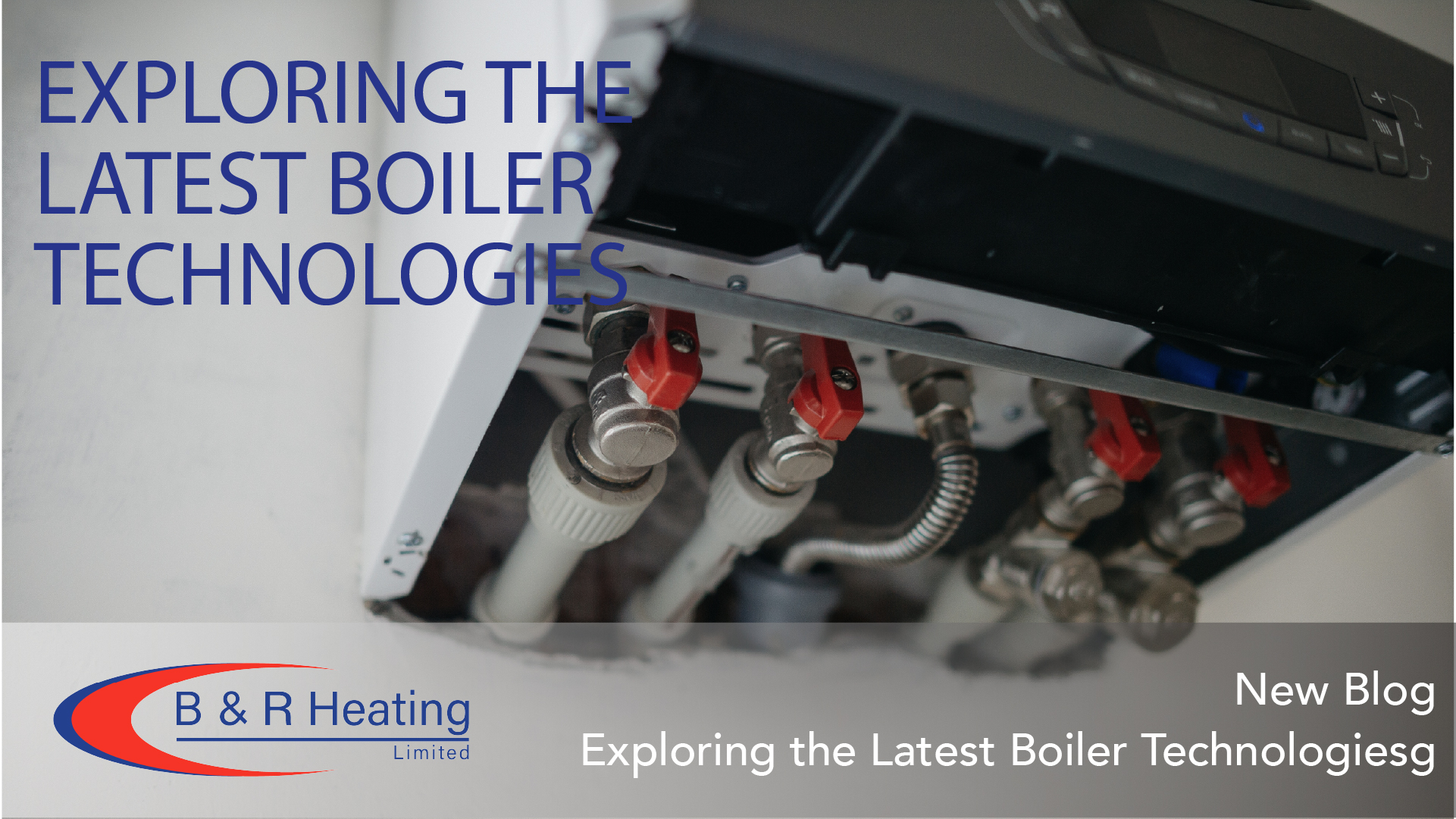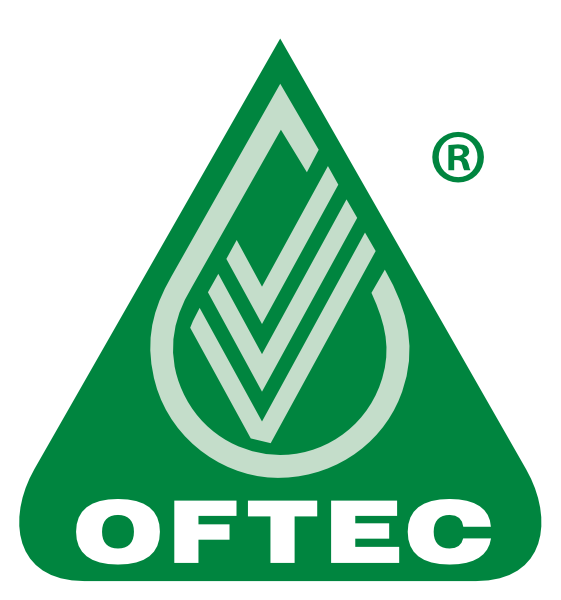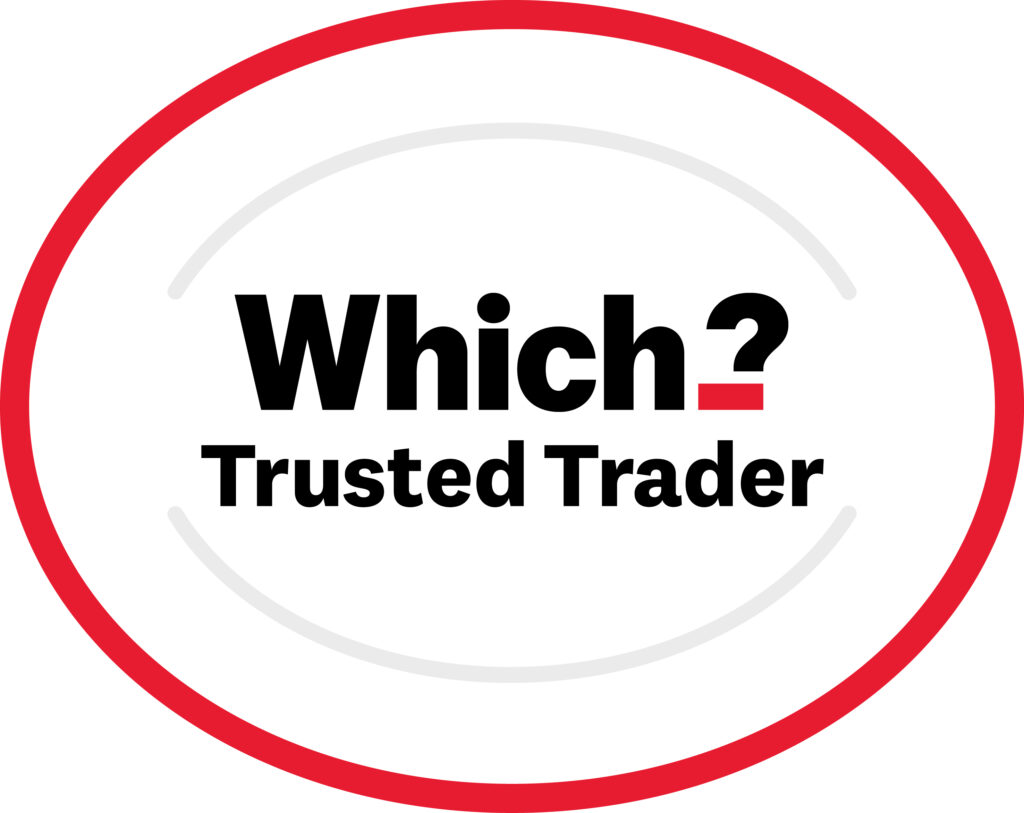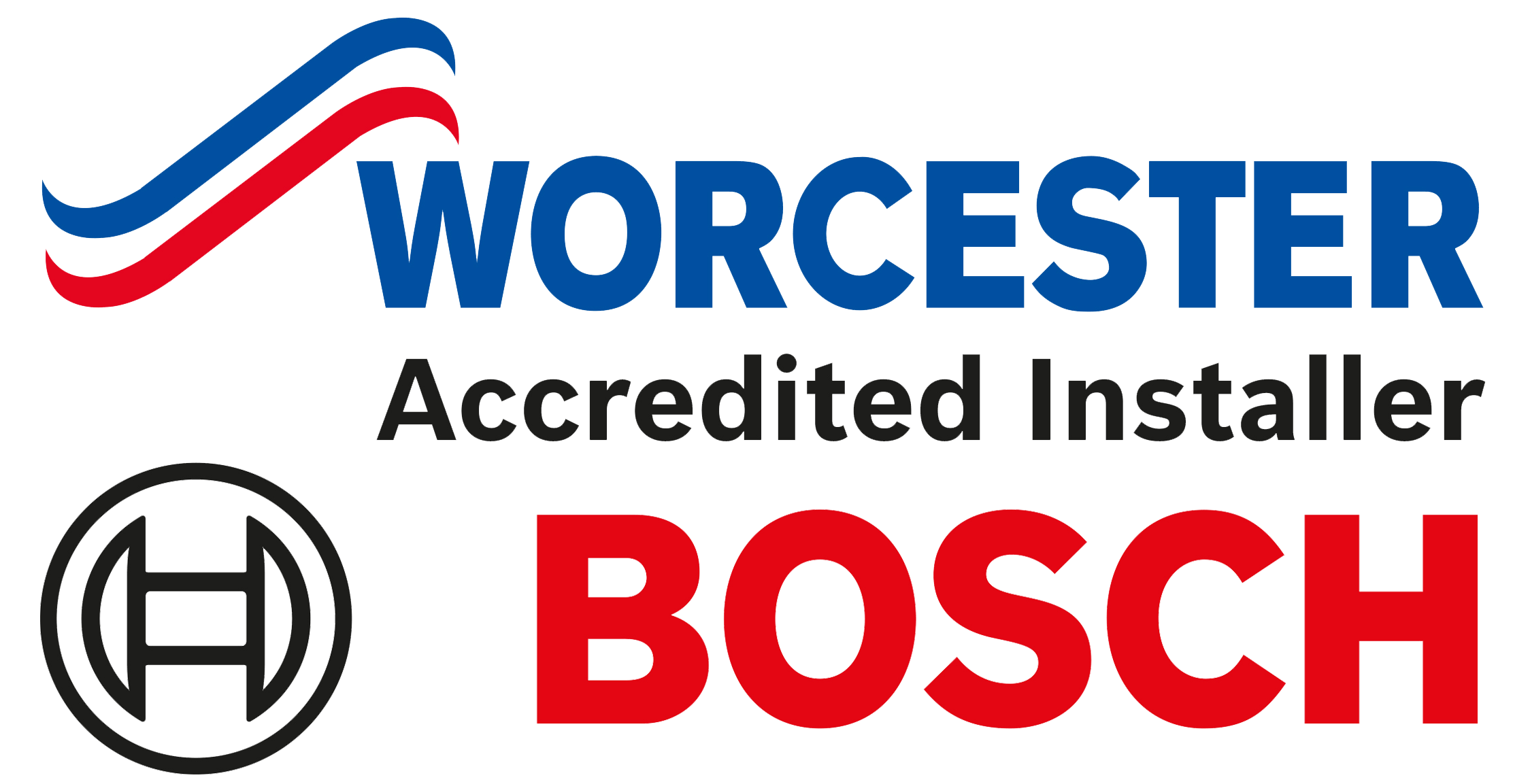Thinking of having a new boiler installed? There are some things you should know before you hire a professional heating & hot water installer
What does a Heating & Hot Water installer do?
Heating & Hot Water Installers are responsible for the installation and maintenance of boilers. Boiler engineers will carry out work on boilers and related equipment, such as pumps, valves, fittings, level indicators, thermometers and thermostats. The typical tasks might include:
- Installing and assessing boilers and hot water systems
- Performing maintenance on hot water systems
- Responding to emergency call-outs
- Running diagnostics to find the cause of an issue
- Repairing boilers and hot water systems
- Testing boilers and hot water systems to ensure the functionality
Performing routine maintenance could include checking heating systems are running effectively; cleaning tubes, pipes and ducts; ensuring thermostats are working correctly, and measuring combustion emissions. Heating and Hot Water Installers will be capable of using equipment such as soldering and welding tools, pipe cutters, wrenches, riveting machines and pipe threaders.
Boiler engineers may work with various types of companies, including boiler installation and maintenance companies or boiler manufacturers.
What are the different types of boilers?
Heating and hot water installers are trained to fit and perform maintenance on many different types of boilers. These boilers could include:
- Regular boilers. These may also be referred to as conventional, traditional, or heat-only boilers. Often found in older homes, these boilers are linked to a separate hot water cylinder. As well as a hot water cylinder, regular boilers also need a cold water storage tank, usually stored in the loft. This cold water tank feeds the hot water cylinder, as well as maintains the water level of the heating system. Using low water pressure, these boilers are best suited for older radiators that may not cope with a higher pressure.
- System boilers. Like regular boilers, system boilers need a cylinder for storing hot water, however, the system components are built into the boiler itself. There is no need for a tank in the loft with a system boiler, making it easier to install as well as requiring less space.
- Combi boilers. Combination or ‘combi’ boilers are more commonly found in newer homes. With no need for any additional tanks, this is the most compact option, heating the water directly from the mains when needed. As well as being the most compact boilers, they are the most cost-effective and energy-efficient choice.
There are also different types of fuel used to power various boilers. This includes oil, LPG and, most commonly, gas boilers. The type of boiler, as well as the fuel used, can have an impact on its cost-effectiveness. If you’re concerned about spending extra money on your heating due to poor performance, consider getting in touch with a professional for a boiler service. They will be able to tell you how well your boiler is performing, as well as offer potential solutions to improve the efficiency of your heating system.
What qualifications should you look for in an installer?
When hiring a heating and hot water installer, it’s important to consider their qualifications and experience. This will ensure that your service or installation is carried out safely and correctly. The education and experience your installer should have includes:
- Vocational diploma or equivalent (e.g. NVQ)
- Relevant ACS training
- Experience working with industrial boilers
- Gas Safe registered
- Up to date CPD Certification
With this training and certification, you can be comfortable knowing that your installer has:
- Extensive knowledge of the operation and maintenance of boilers.
- The ability to detect potential problems and suggest solutions.
- The correct mechanical skills.
- The ability to carry out services safely and efficiently.
When should you hire a Heating & Hot Water installer?
You should hire a professional heating & hot water installer if you’re thinking about having a new boiler installed, or if your current boiler needs maintenance. It’s crucial to hire a qualified professional to carry out any boiler services, to ensure your boiler is running safely. There are some tasks you may be able to perform yourself, such as bleeding your radiators or adjusting the boiler pressure, but it is always best to contact a professional if you’re not comfortable doing this.
At B&R Heating, our engineers are Gas Safe and OFTEC registered – this means they are certified by official bodies to ensure they are competent. They are legally qualified to work safely in your home, so you can be assured that you and your boiler are in good hands. We are also members of the WHICH? Trusted Trader Scheme.
If you require a boiler installation, service, or have any questions about us, feel free to get in touch. Give us a call on 01752 695050, or visit our contact page.

